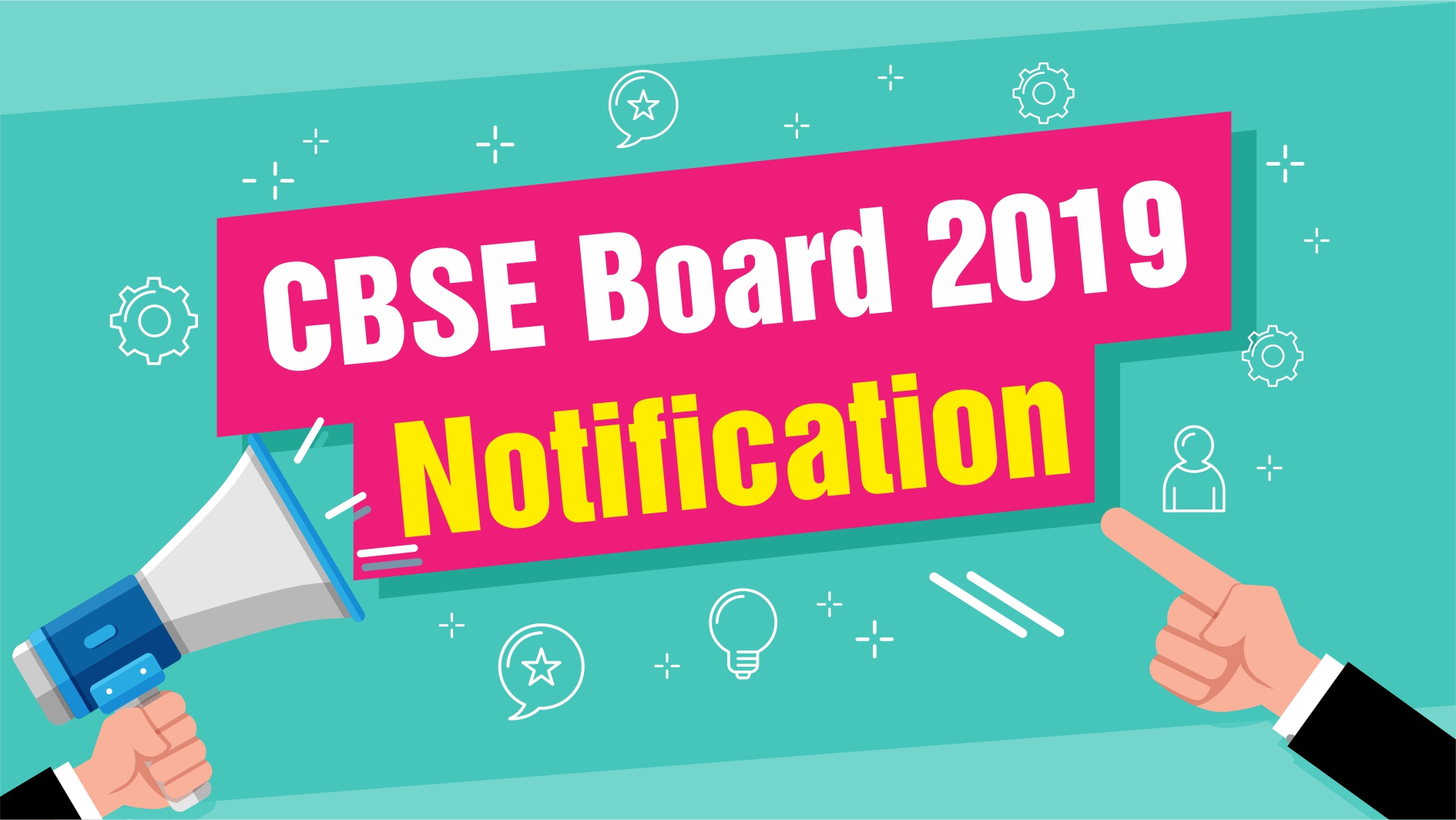Ministry of Education Introduces Transformative Changes to CBSE Board Exams and Curriculum
In a sweeping announcement, the Ministry of Education has unveiled a series of transformative changes to the CBSE board examinations and curriculum, in alignment with the New Education Policy (NEP). These changes promise to reshape the academic landscape and offer students a more comprehensive and flexible learning experience. Here’s an overview of the key changes:

Biannual Board Examinations
One of the most significant changes is the introduction of biannual board examinations. This initiative aims to alleviate the pressure associated with the current high-stakes annual exams. Students will now have the opportunity to sit for board exams twice a year, ensuring they have ample time and chances to perform at their best. Moreover, the new system allows students to retain their best score, further reducing the anxiety linked to single-point assessments.
Focus on Competencies and Understanding
To shift the focus away from rote memorization, the revamped examination system will evaluate students’ understanding and competencies in the subjects. This approach values a deeper grasp of concepts and application of knowledge, rather than a mere regurgitation of information. This shift aligns with modern pedagogical approaches that prioritize critical thinking and practical application.
Emphasis on Languages
The curriculum changes also emphasize the importance of language education. Class 11 and 12 students will now be required to study two languages, with one of them being an Indian language. This move not only promotes linguistic diversity but also recognizes the significance of native languages in preserving cultural heritage.
Flexibility in Subject Choices
The Ministry’s overhaul of the curriculum brings flexibility to subject choices in classes 11 and 12. Students will no longer be confined to traditional streams such as Arts, Science, and Commerce. This change empowers students to pursue interdisciplinary studies and explore subjects that align with their interests and aspirations.
Evolution towards On-Demand Exams:
Looking ahead, the Ministry envisions the development of the capability to offer “on-demand” exams. This advancement aims to cater to students’ readiness to take exams, ensuring a more personalized and adaptive learning experience. In this pursuit, board exam test developers and evaluators will undergo university-certified courses to enhance the quality of assessment.
In conclusion, the Ministry of Education’s dynamic changes to the CBSE board examinations and curriculum mark a turning point in the Indian education system. By reducing the stress of exams, promoting holistic understanding, and enhancing linguistic and subject diversity, these changes promise a more balanced and student-centric educational journey. As these reforms take root, collaboration among educators, policymakers, and students will play a crucial role in shaping the success of these visionary changes.
Recommended Read:-
- 11 Tips for Success in NEET 2023
- Tips for Students to Build a Strong Foundation
- Ace NEET UG 2023 With ALLEN’s T20 Video Series
- Benefits of Daily Routine for Success in JEE and NEET
- Registration for NEET-UG 2023 to Cross 20 Lakh Mark
- NEET UG 2023 – NTA Issues Clarification for SC, ST Cut-Off Date
- Facing Issues in NEET 2023 Online Application, Register from CSC
- ALLEN Answer Key & Paper Solutions for Manipur NEET UG 2023 Exam
- NEET UG 2023 Answer Key – Objection Over Answer Of Two Questions
- LOP to 6 New Medical Colleges, Now 1 Lakh MBBS Seats in the Country
- NEET-UG 2023 Barred Items, Permitted Items & Dress Code For Exam Day
- ALLEN Digital Announces The Most Anticipated NEET UG Crash Course 2023
- NEET UG 2023: Solid Smart Revision Strategy for Sure Selection in last 50 days
- Success Mantra of Toppers Cracking Both JEE & NEET – Solved Same Question Differently
- Provisional Answer Key, OMR Answer Sheet & Recorded Responses for NEET 2023 Released





